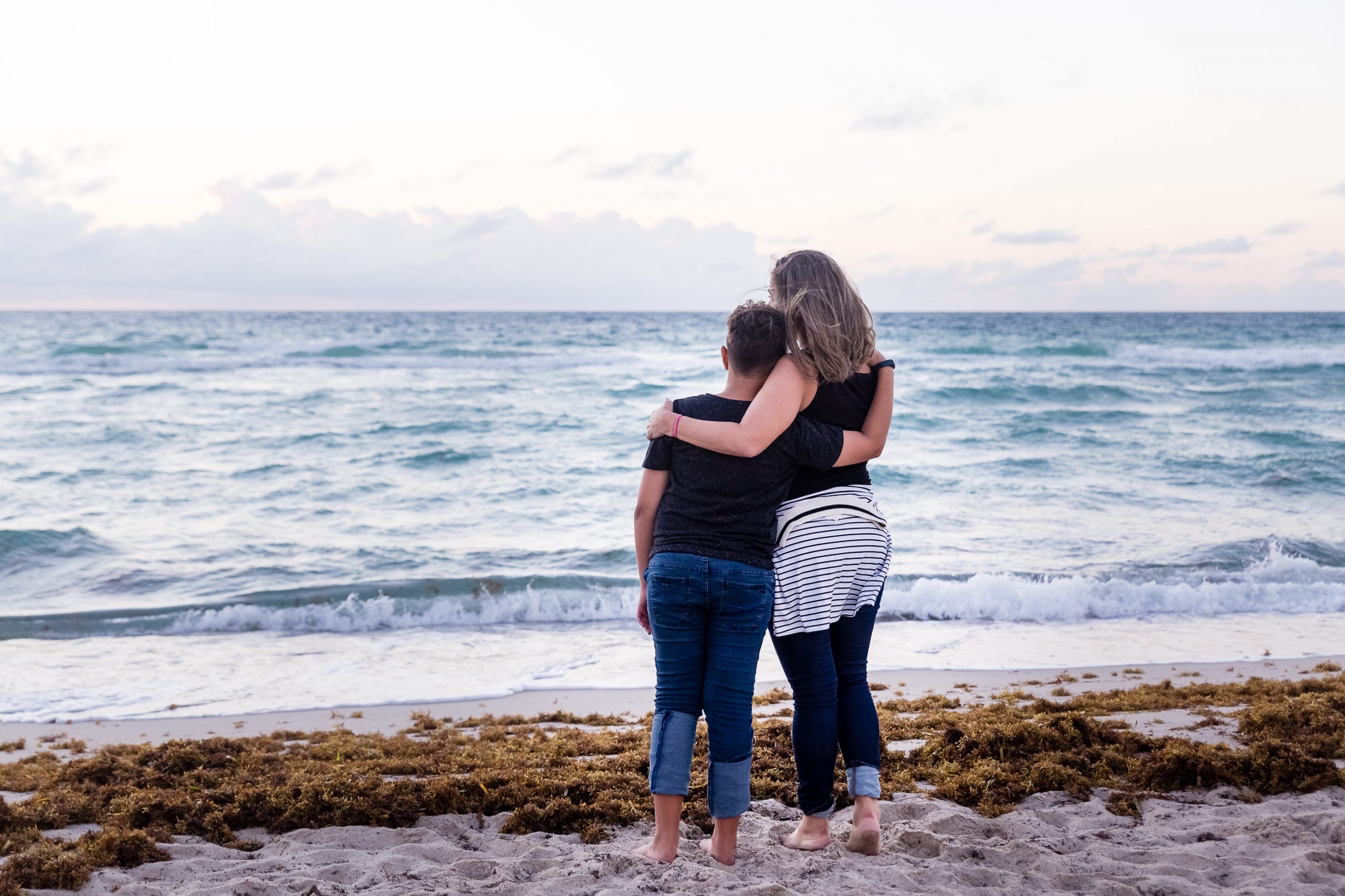If you are struggling with how to cope with the loss of a loved one, this information might be very helpful.
Humans are biologically wired for attachment. Unlike other mammals, we are born entirely dependent on our caregivers for many months. In order to ensure the survival of the species, the brain and body respond to the distress of the infant in particular, and to people more generally. We adhere to this attachment paradigm for the duration of our lives, through our relationships with siblings, friends, colleagues, romantic partners, and of course our children. Thus, we assign meaning to our lives is largely to the extent to which we feel close to and connected with others. We simply aren’t built to live in isolation.
Grief Has Powerful Biological Effects
The powerful biological and environmental force that shapes and reinforces the intricate web of relationships inevitably creates an interdependence between who we are as individuals and who we are in relation to others. Sometimes the lines become blurred. Who hasn’t wondered, “Without you in my life, I don’t know what I would do, I don’t know who I would be.” It’s almost unimaginable to experience the loss of a loved one that is in part a reflection, or even an embodiment of who we are. And yet we invariably do.
Relationship Loss is Tough
Just as every relationship is unique, so is our response to losing it. While it is critical to acknowledge the individual, personal nature of grief, it is equally important to recognize the universality of grief, and the ways we can profoundly connect with others while grieving. For most people in the United States, grief is something to endure in relative isolation before returning to normal life. After an initial outpouring of support and engaging in cultural or religious customs that honor the dead, we are left to grieve alone.
Making sense of a world turned upside down by grief is challenging, and it doesn’t have to be undertaken alone. In light of our need for attachment, it often requires the ongoing support and help of others to do so in a healthy way. For some, staying engaged with friends and family is most helpful; others need involvement in a spiritual community; and for others joining a bereavement group or individual grief therapy is useful. The important thing to remember is that there is support available if we seek it out.
Grief is Nothing to Feel Ashamed Of
Grief is a normal, natural response to the loss of a loved one. It is not something to feel ashamed of. It can be extremely painful, but it can also be the source of incredible strength, resilience, and meaning. The idea that we must endure grief and return to our former selves not only demands the impossible but undermines the transformative nature of grief. Phillis Levin, in her poem, Vigil, beautifully depicts the mystery and wonder, even cosmic nature of the grief experience.
Why not wake at dawn? Why not break
From the coffin at night, whose nails
Are the only stars left. Why not follow
A tear like a comet’s tail, and trail
The grief of a year until it ends-
Who knows where. Why not wake
At dawn, after all is gone, and go on?












